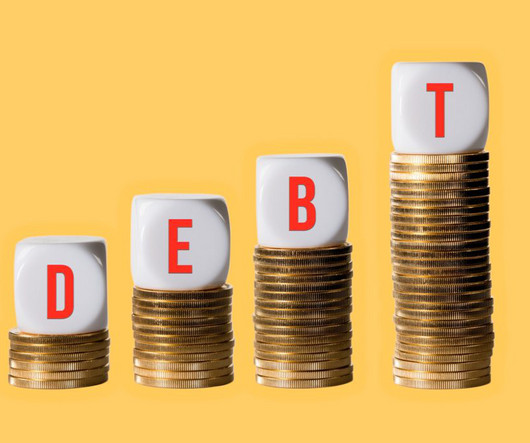How to Find All Your Debts: 4 Tips
Credit Corp
FEBRUARY 21, 2021
Get some tips to find out all your debts so you can make educated decisions about how to clean up your credit history. How to Find All Your Debts. Check Your Credit Reports Go Through Old and New Mail Listen to All Those Old Voicemails Contact Creditors You Think You Owe. What to Do After You Find Your Debts.













Let's personalize your content